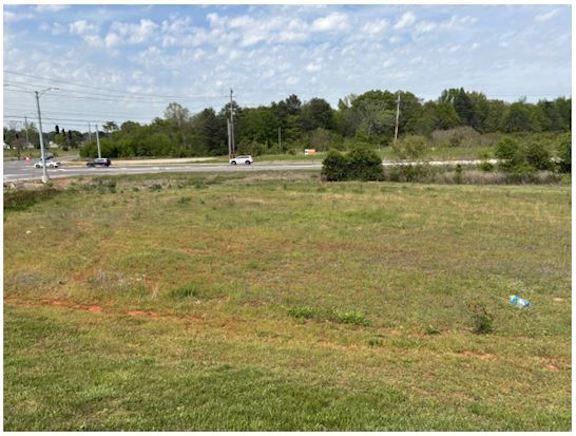THE HOME & GARDEN SPOT: Preventing accidental poisoning
Published 6:00 pm Wednesday, July 3, 2019

- Accidental poisoning
Most of us at one time or another, especially during childhood, have swallowed something that was poisonous. Children are notorious for swallowing anything from laundry detergent to household cleaning products to medicines to pesticides.
We need to take special precautions to protect our home from inquisitive youngsters. Each year, approximately 65,000 children ages 5 and under are accidentally exposed to pesticides, and more than 10,000 of those exposures involve mouse and rat poisons.
Trending
More than 90 percent of poisonings happen in people’s homes. Parents and caregivers can protect children and loved ones against pesticide exposure. Because small children, particularly those under 5, are constantly exploring their surroundings and are prone to put many of the things they find into their mouths, they are at great risk for unintentional poisoning.
Many of these poisonings occur when adults are distracted for just a few moments by everyday occurrences, such as the doorbell or the telephone. The probability of this happening decreases when chemicals and medicines are safely stored out of reach of children at all times.
Safeguards
Although unintentional ingestion of most cleaning products isn’t fatal, precautions with these products should be taken. Cleaning products should be stored in a locked cabinet away from food and out of the reach of children. They should be kept in their original containers with their product labels intact.
Have you ever thought about how some things that are poisonous look like good things to kids? For example, a lot of medicines look like candy. Window cleaner looks a lot like blue-colored sports drinks and rubbing alcohol and peroxide may resemble water or Sprite.
If you think kids won’t get the “safe” foods confused with the poisons, just ask an emergency-room employee for some stories. They will convince you otherwise.
Trending
About half the accidents involving children occur when products are being used. So, schedule routine cleaning when there’s a lull in activities, such as nap time or when children aren’t in the room. Even with this routine, put the product away immediately after removing the amount needed for the cleaning job at hand.
Protecting the elderly
While most poisoning prevention is directed at children, don’t forget about protecting the elderly from poisoning. Many families have elderly members who have diminished vision and may experience confusion and memory challenges.
As with young children, protect the elderly by keeping chemicals, and especially medicines, where they can’t be harmful. Even medicines sorted in the weekly dosage containers can be a problem for elderly who do not remember what day it is, or whether or not they have taken their medicines.
There have been many incidences where senior citizens have taken several days worth of medicines on a single day – just out of confusion. Those with cognitive or vision impairments may have problems recognizing and reading food or cleaning containers and get confused, resulting in poisoning accidents.
In case of emergency
What do you do if someone in your family ingests something that you suspect may be poisonous? Seek medical care immediately, whether it’s calling your doctor, a poison control center or getting to an emergency room.
Poison control centers can help you with immediate response to poisons and help identify symptoms of the poisoning. Pre-program the poison control help line into your telephone — 1-800-222-1222.
If there is a poison emergency or question related to exposure, the help line is a free, one-stop source of information. Trained professionals are standing by 24 hours a day, seven days a week, 365 days a year.
— For information on topics related to the home and garden, contact any office of the Alabama Cooperative Extension System. The Limestone County Office is at 1109 W. Market St. in Athens. Office hours are 8 a.m.-4:30 p.m. Mondays through Fridays. For more information, call 256-232-5510 or visit www.aces.edu.





